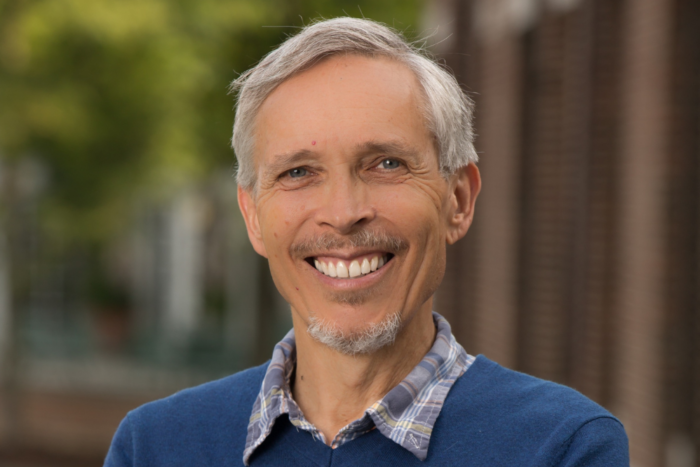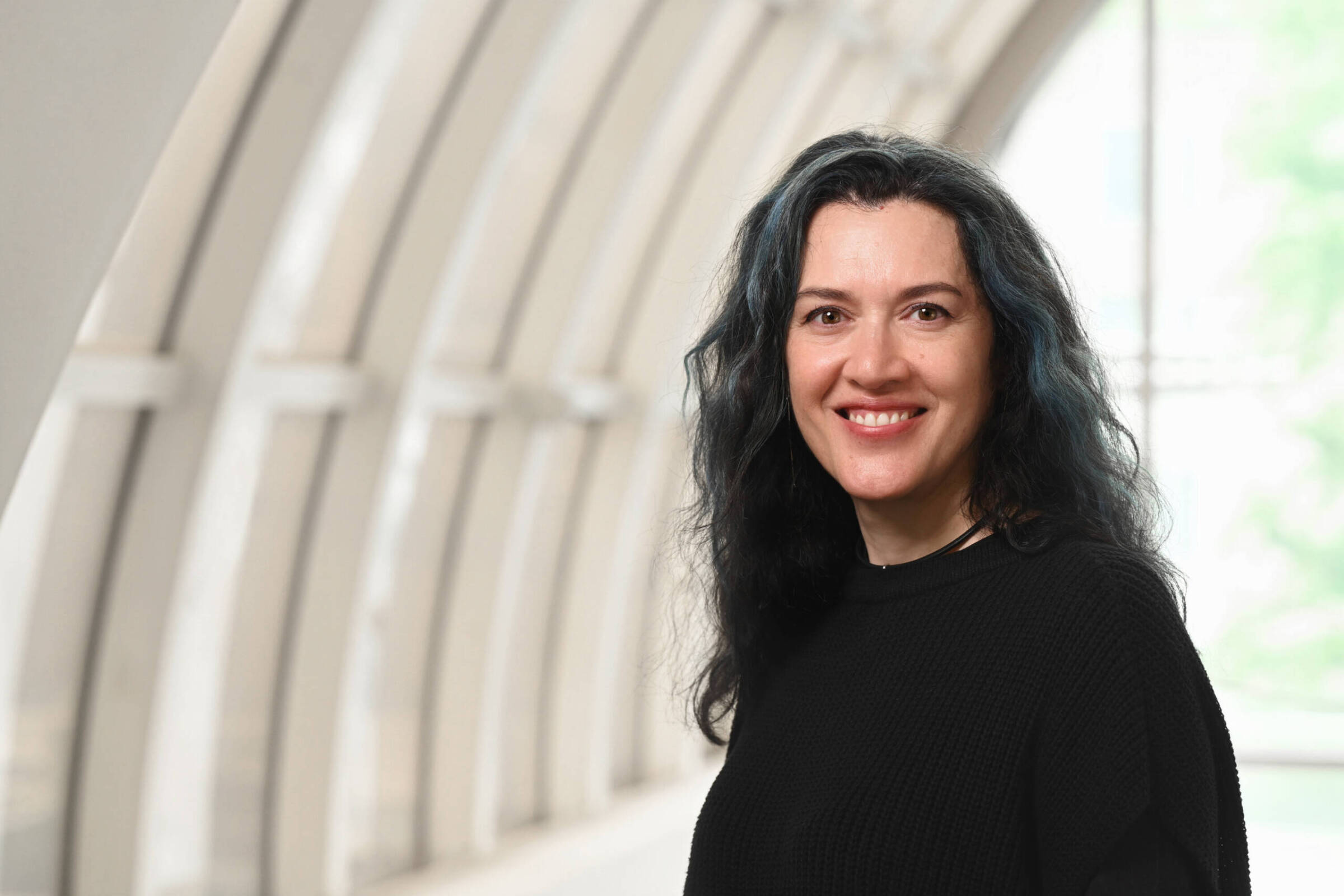Nicholson Lecture brings vascular biologist to speak at Rockefeller as part of exchange program with Karolinska Institute
Christer Betsholtz will visit the Rockefeller University campus on Friday as part of a recently renewed program that supports research exchanges between the university and the Karolinska Institute. Betsholtz studies vascular biology, with a focus on cellular and molecular mechanisms for angiogenesis and vascular permeability.
 The Nicholson Exchange Program is supported by the Gunnar and Lillian Nicholson Exchange Fund for Biomedical Scientists, which enables selected postdocs and technical staff from Rockefeller to travel to Sweden for experimental work and training. Part of the program provides an honorarium that allows one Karolinska faculty member to travel to Rockefeller, and one Rockefeller faculty member to visit the Karolinska Institute in Stockholm each year.
The Nicholson Exchange Program is supported by the Gunnar and Lillian Nicholson Exchange Fund for Biomedical Scientists, which enables selected postdocs and technical staff from Rockefeller to travel to Sweden for experimental work and training. Part of the program provides an honorarium that allows one Karolinska faculty member to travel to Rockefeller, and one Rockefeller faculty member to visit the Karolinska Institute in Stockholm each year.
“The program is in its second year, and I am pleased to state that it has been highly successful,” says Marc Tessier-Lavigne, Rockefeller’s president. “The exchange demonstrates the value of global collaboration between institutions and we are pleased that a research institute of such caliber as Karolinska participates with us.”
Last year, Rockefeller’s Ralph Steinman visited Stockholm, and Karolinska’s Thomas Perlmann visited Rockefeller for a discussion of his work defining the transcriptional network of dopaminergic neurons. Earlier this year, Cori Bargmann travelled to Stockholm as Rockefeller’s representative for the program.
Betsholtz is professor of vascular biology at Karolinska, studying cellular and molecular mechanisms for angiogenesis and vascular permeability. His lecture, “It Takes Two to Make a Blood Vessel: Endothelial/Pericyte Interactions in Angiogenesis and Vascular Permeability,” will review published and unpublished work on mechanisms of angiogenic sprouting, pericyte recruitment, vascular lumen formation and blood-brain barrier formation.
The Karolinska Institute is one of Europe’s most prestigious biomedical research universities. Its focus on basic and translational research and long tradition of making fundamental discoveries in biology make it a natural counterpart to Rockefeller.


